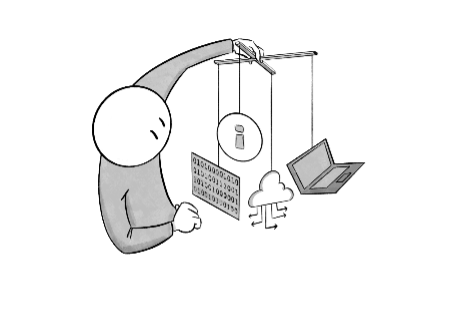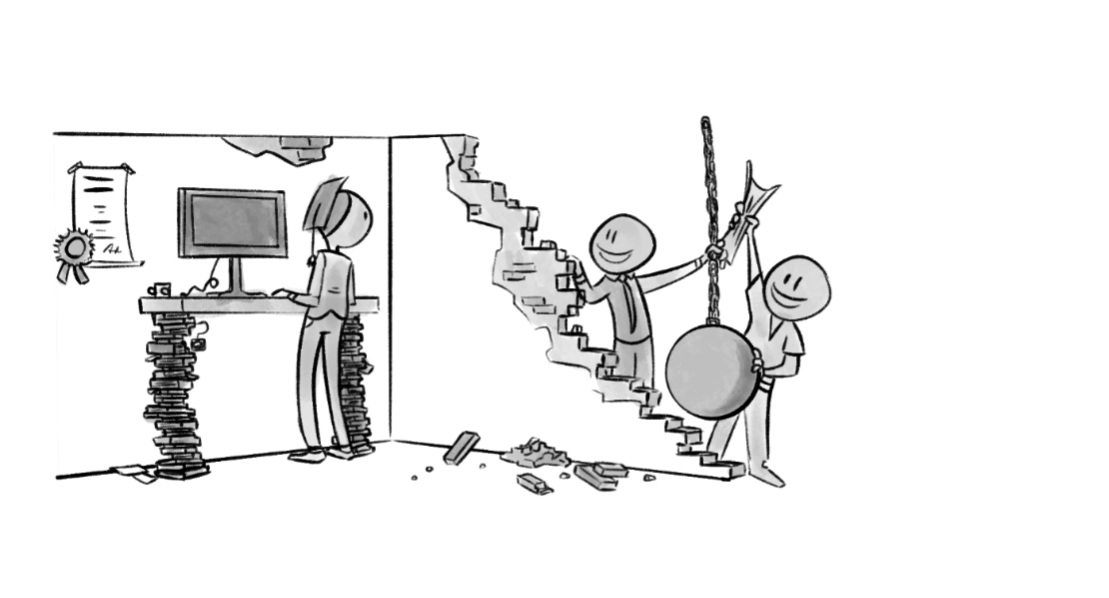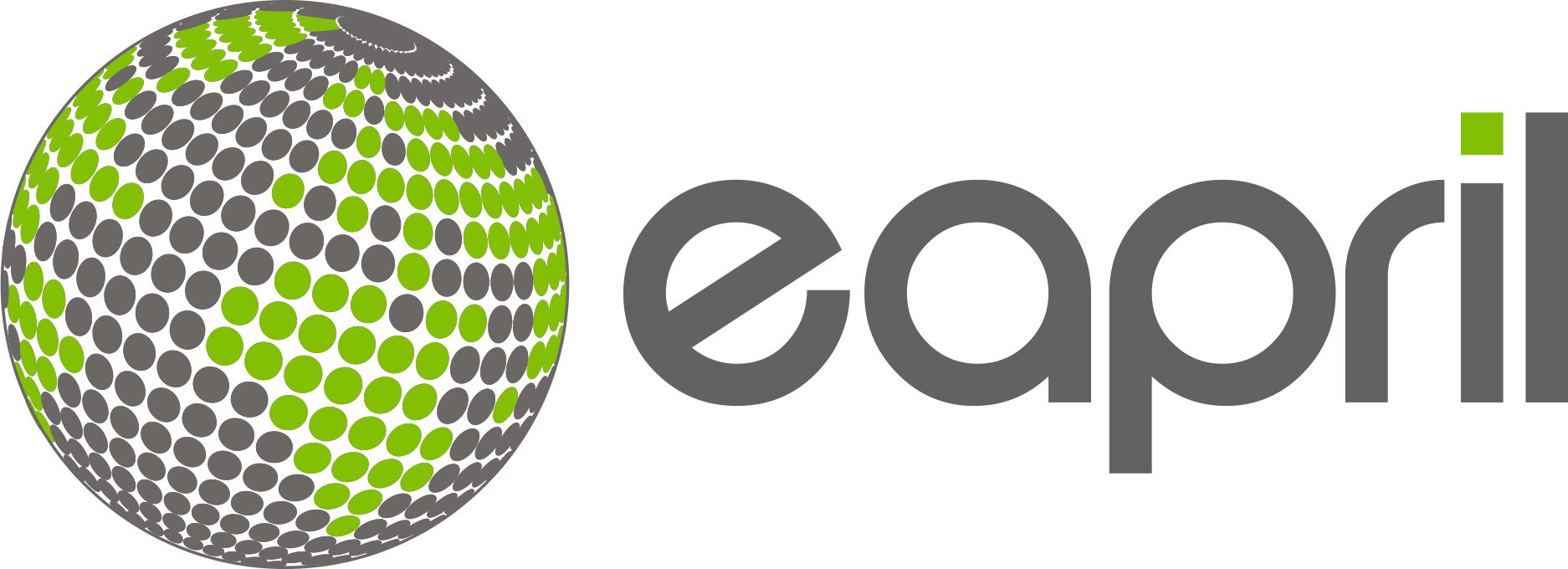
Educational innovation with technology is a complex innovation: it requires innovative ways of teaching with new resources, which implies changing leadership competences as well. For example, educational leaders need to master ICT skills and professional skills to keep learning about educational innovations with technology. Moreover, they have to stimulate and organise a learning culture around innovations with technology. Currently, research conducted on leaders’ competences for educational innovation with technology is generally focused on primary and higher education. For vocational education, a synthesis of the relevant competences is lacking. Therefore, the iXperium Centre of Expertise Teaching and Learning with ICT is working on a comprehensive set of competences in an iterative manner. We reviewed relevant literature and existing frameworks, such as the ISTE Standards for Education Leaders and the JISC Framework for digital transformation in higher education. Currently, we developed a draft framework based on this review. The four main dimensions are:
- (Re)designing the organisation
- Stimulating an innovative learning culture in the organisation
- Educational leaders’ digital literacy
- Educational leaders’ transformative competences
In the third step, the framework will be reviewed by experts
on this topic, refined, and validated with practitioners. The end
product will be a clear framework with main dimensions, subdimensions
and underlying competences for leading educational innovation with
technology in the context of vocational and higher education. The
framework supports educational leaders in reflecting on their current
competence levels. As a consequence, the framework supports the
educational leader to pinpoint their professional learning needs. With
the acquired competences, educational leaders will be capable to build
bridges between their own vision and work, all staff members, and their
teachers’ daily practice of designing and providing education with
technology.
From the organisation’s perspective, the framework helps to start a broad conversation about which competences are needed on the different levels of the organisation. It could also start the conversation about qualifications of current and new educational leaders. Such a conversation in itself sparks the awareness of what educational innovation with technology entails, which helps the broader conversation about good education and good teachers.
Because educational innovation is such a complex process, and the whole organisation needs to be involved in this transition in order for it to succeed, we are happy that many people were interested in our poster presentation during the EAPRIL 2023 conference.
We are very thankful for the award we received for it! We are always happy to talk about leading educational innovation with technology, please feel free to contact us at Mariola.Gremmen@han.nl.
Illustrations: Wouter Rijke
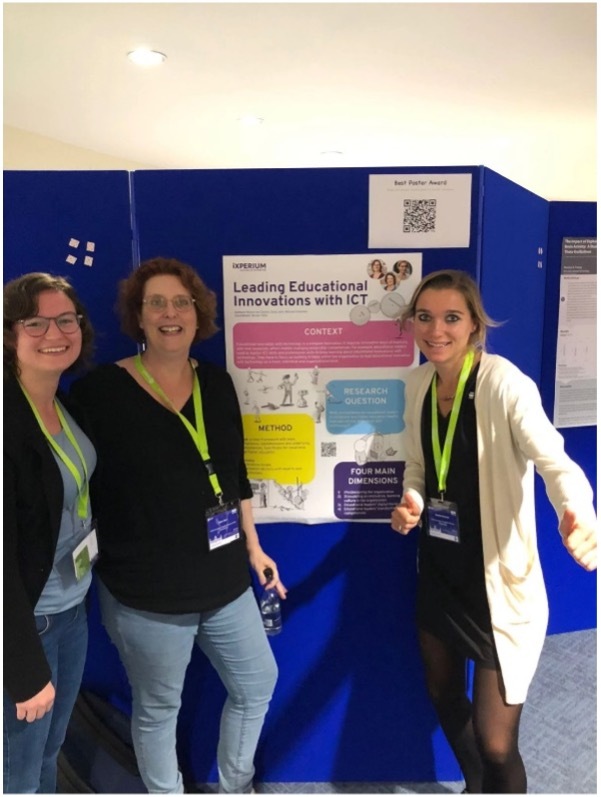
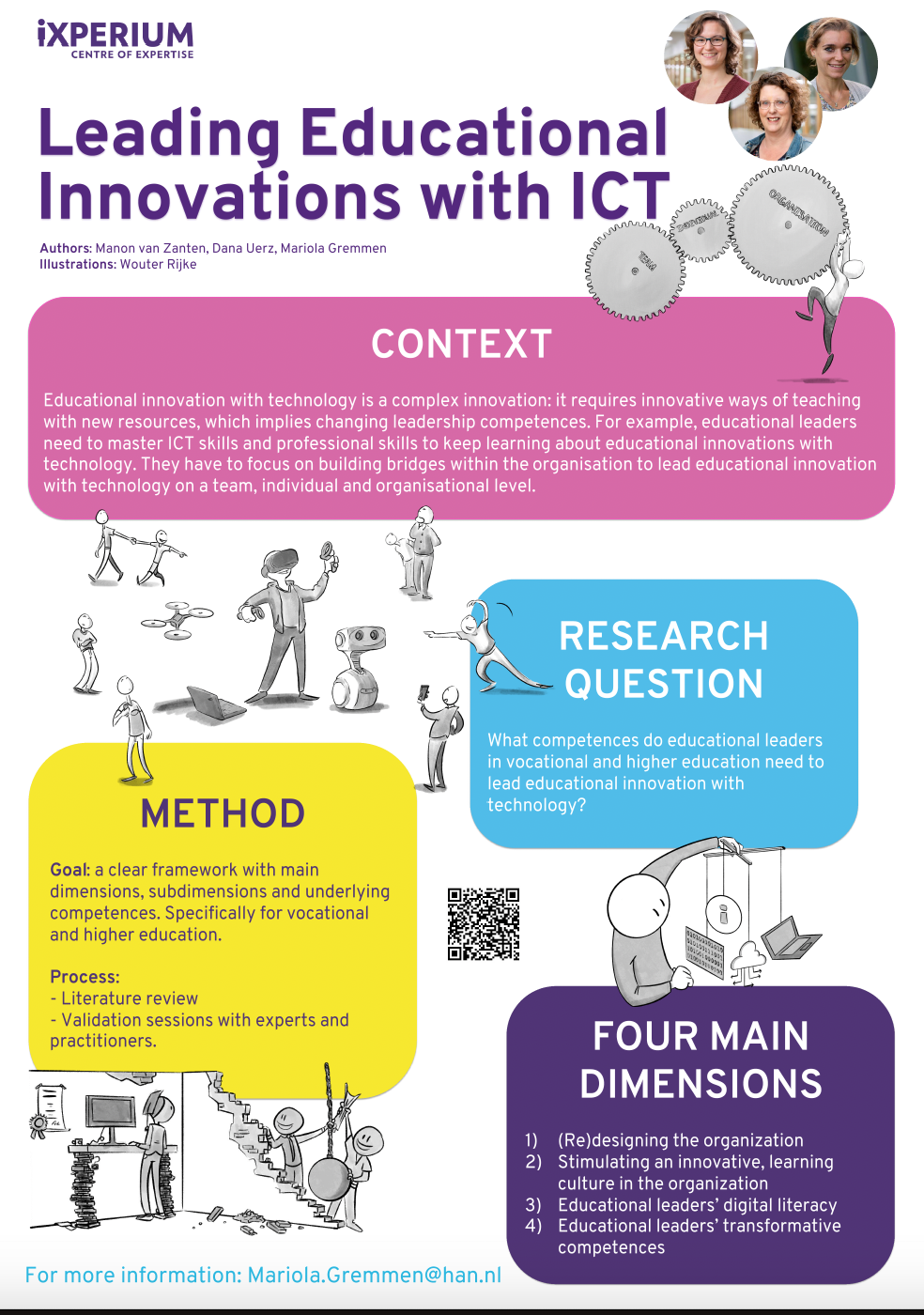
Share this post
About Manon van Zanten, Dana Uerz, Mariola Gremmen (iXperium Centre of Expertise Learning with ICT, The Netherlands)

